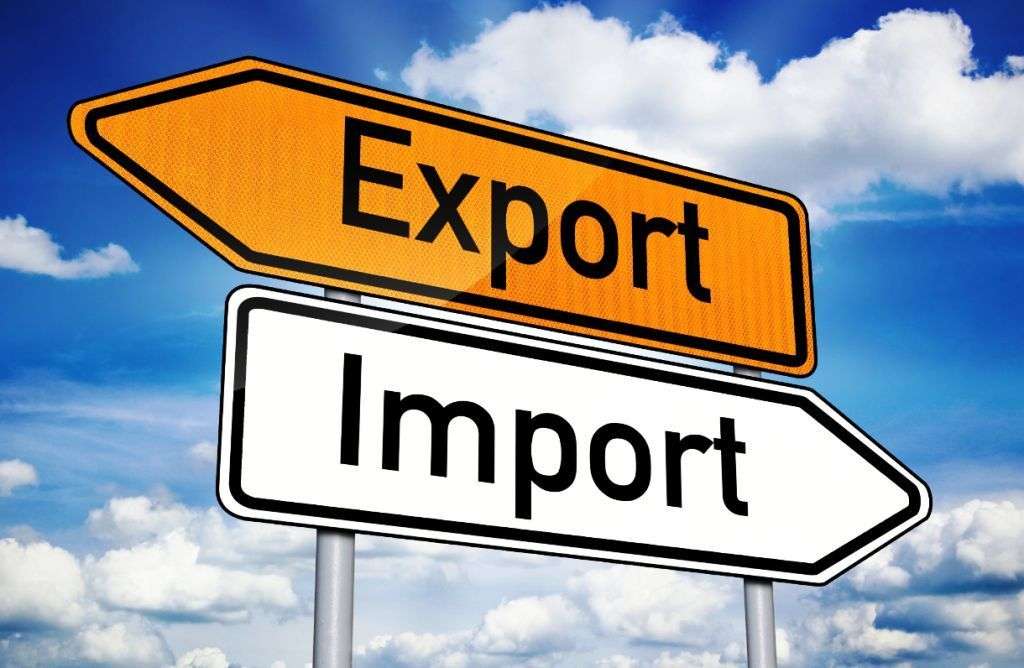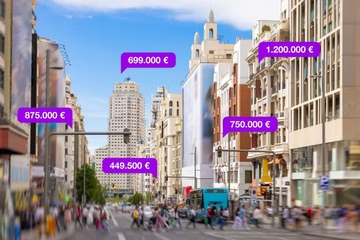
Bosnia and Herzegovina achieved a total export value of 8.19 billion BAM (approximately 4.19 billion EUR) in the first half of this year, which is 729 million BAM (approximately 373 million EUR) less compared to the same period last year. Imports, on the other hand, amounted to 14.29 billion BAM (approximately 7.31 billion EUR), an increase of 426 million BAM (approximately 218 million EUR).
Oglas
Slaviša Ceranic, Director of the Macroeconomic System Sector of the Foreign Trade Chamber of BiH, stated at a press conference in Sarajevo that the total volume of foreign trade exchange decreased by 303 million BAM (approximately 155 million EUR), and the deficit increased by 1.15 billion BAM (approximately 588 million EUR), now standing at 6.10 billion BAM (approximately 3.12 billion EUR) in the second quarter of this year.
"Bosnia and Herzegovina achieves the largest volume of foreign trade exchange with EU countries, where more than 70% of products are exported," Ceranic emphasized.
During this period, exports to the EU market decreased by 465 million BAM (approximately 238 million EUR). This decline was observed across all major markets, including Croatia, Germany, Slovenia, Italy, Austria, and Hungary, while imports from these markets increased. The reduction in exports is attributed to weaker foreign demand for Bosnian products, especially in energy-intensive sectors and the manufacturing industry.
"An 8.18% drop in exports, amounting to 729 million BAM (approximately 373 million EUR), is significant. However, nearly 90% of this decline is due to three product categories: electrical energy, which saw a decrease of 382 million BAM (approximately 195 million EUR), iron and steel products with a decline of over 200 million BAM (approximately 102 million EUR), and textile industry products with a drop of over 70 million BAM (approximately 36 million EUR)," Ceranic explained.
He highlighted that Bosnia and Herzegovina is heavily reliant on the European Union for foreign trade, making any developments within the EU directly impactful on the country. For example, the recent significant reduction in electricity prices has resulted in a substantial decrease in the value of electricity exports.
On a positive note, Ceranic mentioned growth in sectors such as the defense industry, pharmaceutical industry, beverages and alcohol, and grain and bakery products. He expressed optimism for a recovery in the second half of the year, citing projections for improved economic activity within the EU.
Amila Mocevic from the Macroeconomic System Sector of VTK BiH noted a decrease in exports and an increase in imports across most economic sectors, leading to changes in trade balance compared to the previous year. She pointed out that these results reflect the economic situation in Europe, affecting not only Bosnia and Herzegovina but also other countries in the region.
Kakvo je tvoje mišljenje o ovome?
Učestvuj u diskusiji ili pročitaj komentare
Oglas
Kakvo je tvoje mišljenje o ovome?
Učestvuj u diskusiji ili pročitaj komentare
Oglas





 Srbija
Srbija
 Hrvatska
Hrvatska
 Slovenija
Slovenija



























































